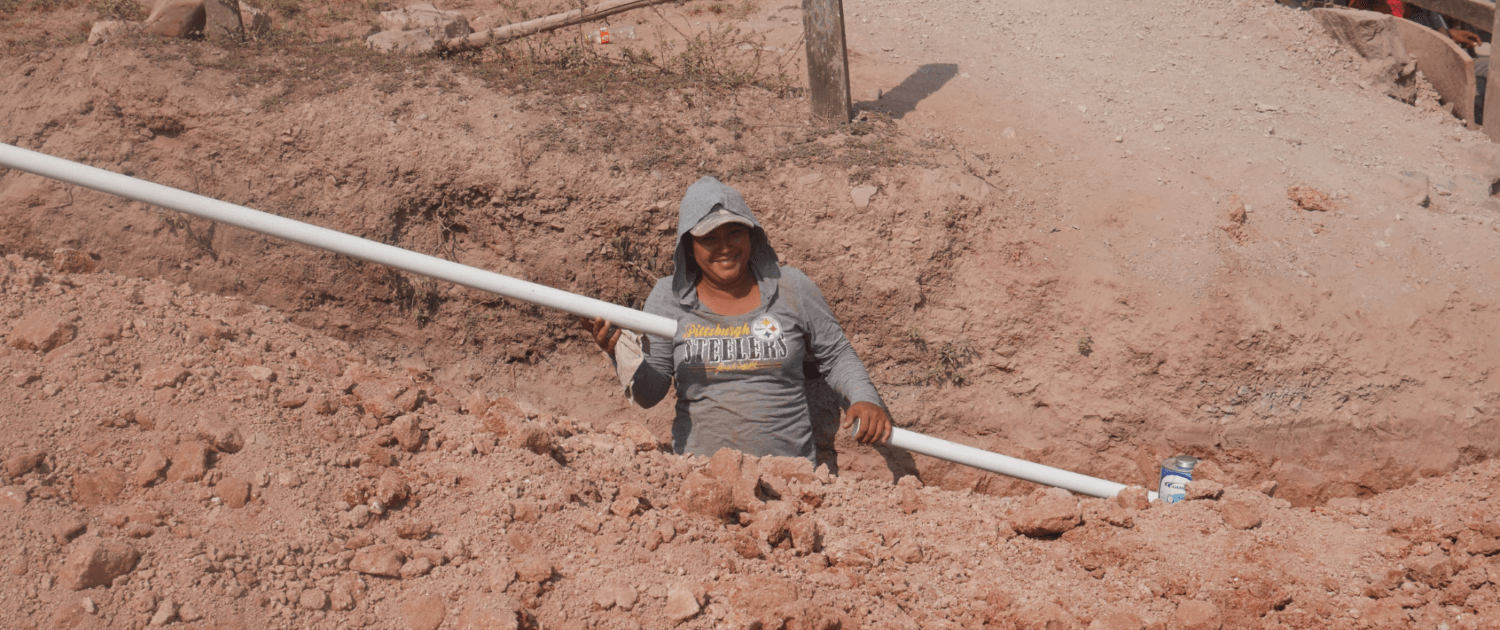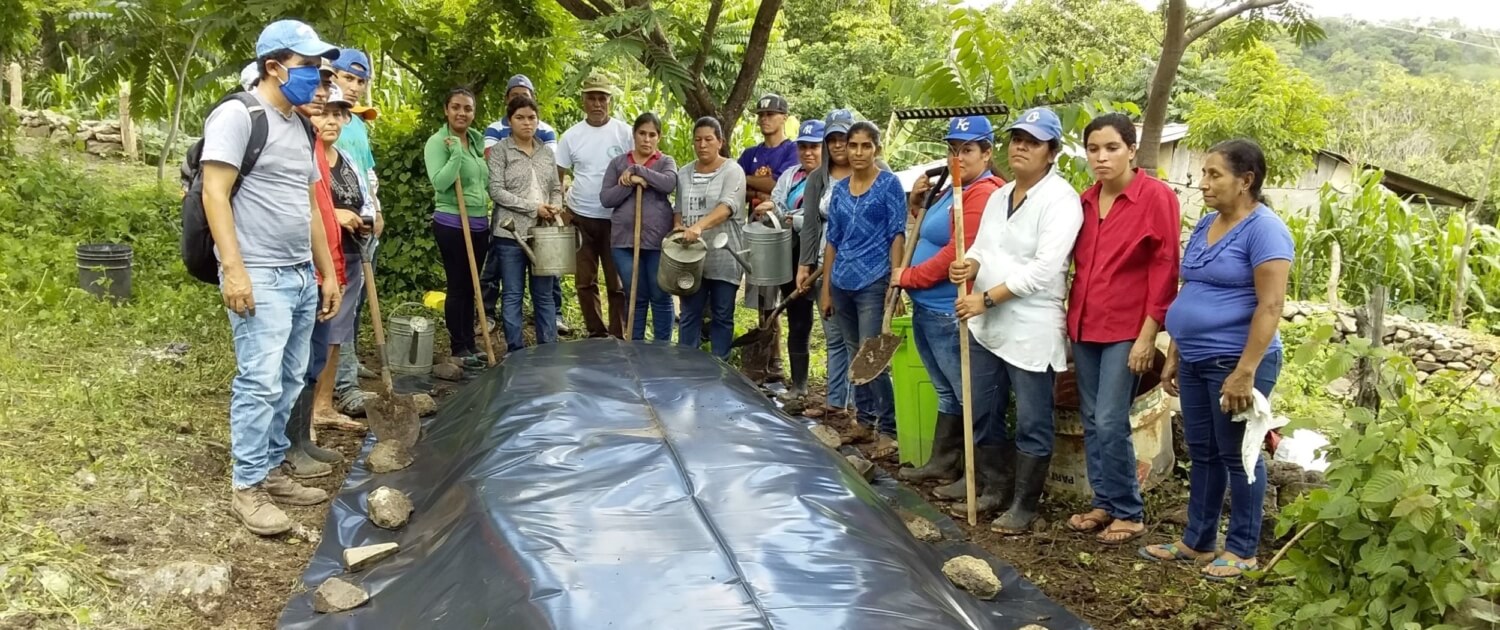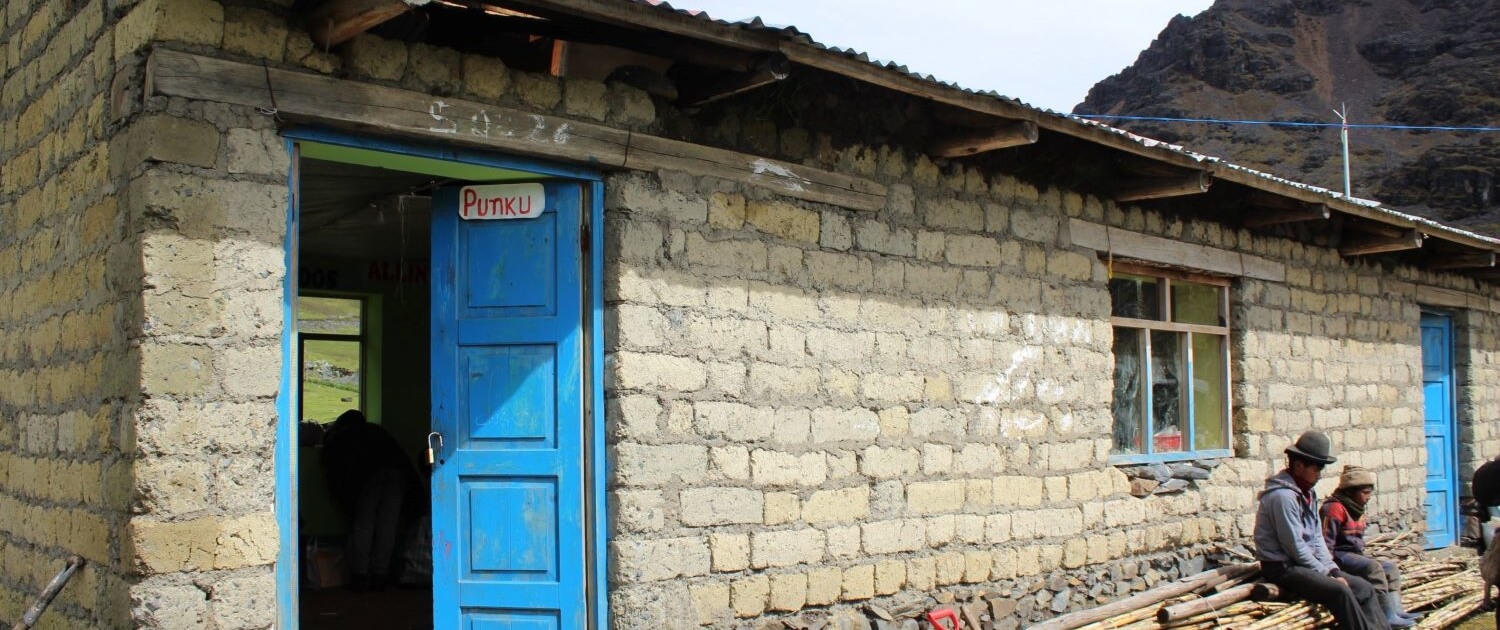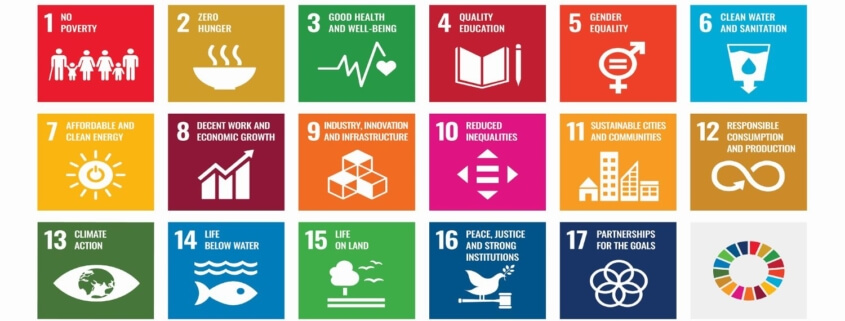Esperança and the Sustainable Development Goals
In 2015, the United Nations developed 17 Sustainable Development Goals (SDGs) as a “shared blueprint for peace and prosperity for people and the planet, now and into the future” to be achieve by 2030. The SDGs were preceded by the eight Millennium Development Goals, which directed the world’s governments and development institutions toward equality in meeting the world’s needs. Global Volunteers is committed to the vision and volition of the SDGs, and the MDGs before them, and measure our outcomes accordingly. In this blog series, we share the work of companion organizations toward achieving the SDGs. In this post, we talk with Esperança, an organization whose mission is to “improve health and provide hope through disease prevention, education, and treatment for every life we touch.”
Esperança works in the U.S., Ecuador, Bolivia, Mozambique, Nicaragua, and Peru. To help us understand how they use the SDGs to guide their work, Esperança’s International Program Director Anna Carolina Ortiz responds to our questions.
How often, and in what ways does your organization respond to the UN SDGs?
The UN SDGs we address directly are Zero Hunger, Health and Wellbeing, Clean Water and Sanitation, Affordable and Clean Energy, Reduced Inequality, Sustainable Cities and Communities, and Partnerships. These SDGs represent our day-to-day work and many of them are also tied to other SDGs which we address indirectly. The SDGs we indirectly work with are No Poverty, Gender Equality, Decent Work and Economic Growth, Industry, Innovation and Infrastructure, Climate Action, and Life on Land.

Over the years, how have the SDGs informed your organizational vision?
The SDGs and MDGs have always guided our work though we may not always mention them in our reports and stories. We don’t necessarily speak of our work using the SDG terminology, but (they) serve as a North Star in terms of global priorities. They are a barometer against which we measure ourselves and ensure we continue to implement vital programming. Esperança’s mission is grounded in equity and human dignity thereby aligning with the underlying goals of sustainable development.
How do you describe your SDG outcomes?
Esperança reports outcomes in our Annual Report, which recently has been divided into our three leading areas of impact: Health, Hope, and Healing. Our outcomes are measured based on grant and funder requirements, therefore much of the direct evaluation and monitoring is managed by our in-country partners who implement and execute these programs. It is important for us to create a direct connection between the issues and struggles of people from afar to the supporters and individuals at home. Drawing on our collective humanity builds understanding and empathy. The SDGs are an essential tool to communicate the gravity of our challenges and the importance of our work.

How do you collaborate with other NGOs, agencies and/or corporations to accomplish SDG outcomes?
Esperança’s model recognizes the importance of leveraging partners in the communities where we serve to help us identify and meet the needs of the community rather than imposing our own ideas and solutions. These partnerships allow us to scale up sustainable solutions that not only work, but also address the communities’ priority needs. Partnerships are at the core of what we do, and will continue to be the backbone of our work.

What motivates you, personally, in your work to achieve your organization’s goals to improve the world?
Much of my personal sense of fulfillment and satisfaction is directly tied to the positive impact I can have on others. I have come to recognize my position of privilege as a citizen of a powerful nation and therefore, I have a responsibility to use my privilege to benefit those who need it most. My most important role at Esperança is to be an advocate for the communities we serve. To share their stories and struggles and keep their priorities at the top of our list. This privilege has often given me a seat at power-filled tables, and it is my responsibility to represent those who are not invited to take a seat.
Global Volunteers respects and supports Esperança’s work to bring the benefit of the SDGs to struggling communities around the world. We share their vision to help achieve well-being for all without compromising the potential of future generations to meet their needs. We invite opportunities for NGO partnerships in these areas. Read on to learn how Global Volunteers’ impacts address the United Nations SDGs and how our Reaching Children’s Potential Program is helping to end stunting in Tanzanian villages.




Leave a Reply
Want to join the discussion?Feel free to contribute!